Indoor vs Outdoor: These Are The Differences

- 1. Costs: growing indoors is more expensive
- 2. Control and quality
- 3. Visual aspects
- 4. Time and effort
- 5. Environmental impact
- 6. The best of both worlds
- 6. a. Security
- 6. b. Environmental control
- 6. c. Cost savings
- 6. d. More harvests with bigger yields
- 7. Discretion
- 8. The other outdoor option: guerilla growing cannabis
- 9. In conclusion
Some people grow cannabis seeds indoors because they don't have a choice to grow outdoors, and vice versa. But if it turns out you are a lucky one and you have the power of choice, you might find yourself wondering which way is better for growing your cannabis plants. The growing process of marijuana can vary a lot depending on each growing method, therefore it's essential that you decide where you'll grow your weed plants way before you even choose your seeds, and having a clear goal in mind.
The main differences between growing marijuana indoors or outdoors reside on:
- Costs;
- Overall control;
- Buds quality;
- Size and visual aspect;
- Effort;
- And Time.
In summary, indoor rooms provide better quality while growing outdoors is cheaper and results in bigger plants.
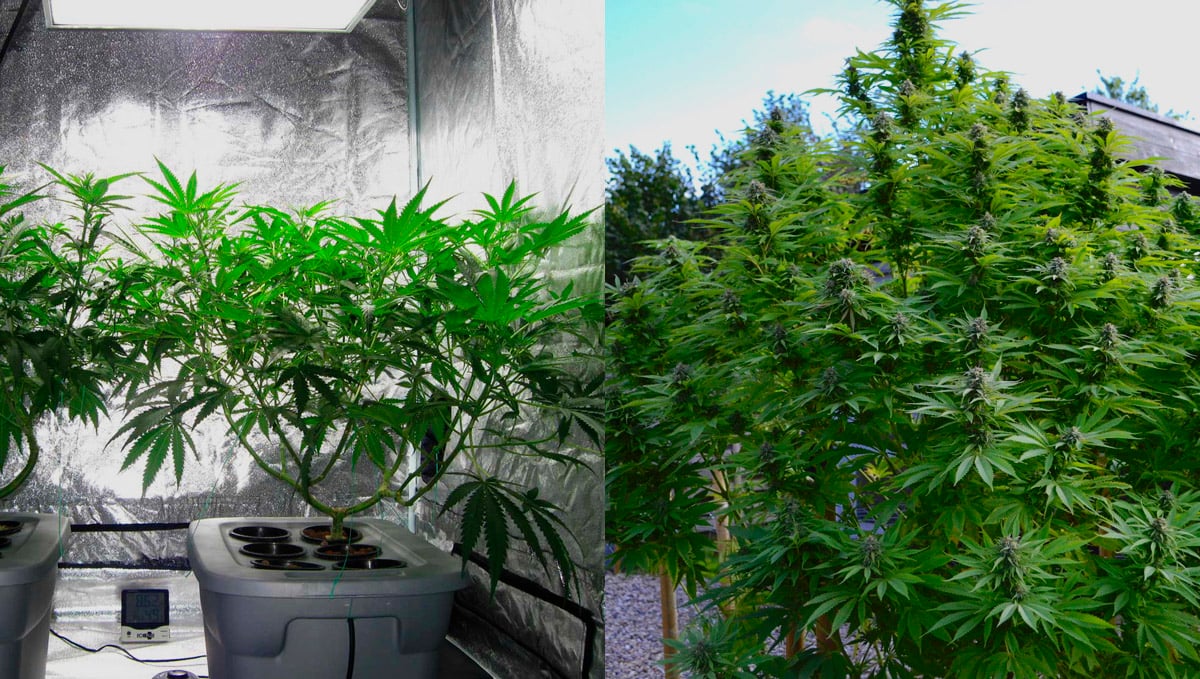
However, all these factors will also depend on the seeds you plant, the weather, and most of all, the love and care you give to your plants. Let's dive into the differences between growing cannabis indoors and outdoors to help you find what works best for you.
1. Costs: Growing Indoors is more Expensive
The main aspect to consider when deciding whether to grow cannabis indoors or outdoors is your overall budget. Sadly and just like everything in life, growing marijuana also involves some expenses you will need to keep in mind before you begin. There is no denying that growing cannabis indoors will be way more expensive than outdoors. When you take a look at the shopping list of the necessary equipment for setting up your indoor grow room make sure someone is around to hold your jaw.
And don't forget about the electricity bill. Having an indoor operation includes electronic devices working 24/7 for your green friends. For instance, taking a look only at the lighting system and get ready to see some serious upsurge in your bills by the end of the month.
At the same time, growing indoors means spending money on several pot sizes for the different stages of the plants' growth, as well as nutrients for the growing medium, which when growing outdoors are already provided by the ground soil. While growing cannabis indoors is more expensive than outdoors, in the long term the costs will be relatively recovered. This is because by cultivating indoors you harvest more often, which means you'll produce more weed than outdoors.
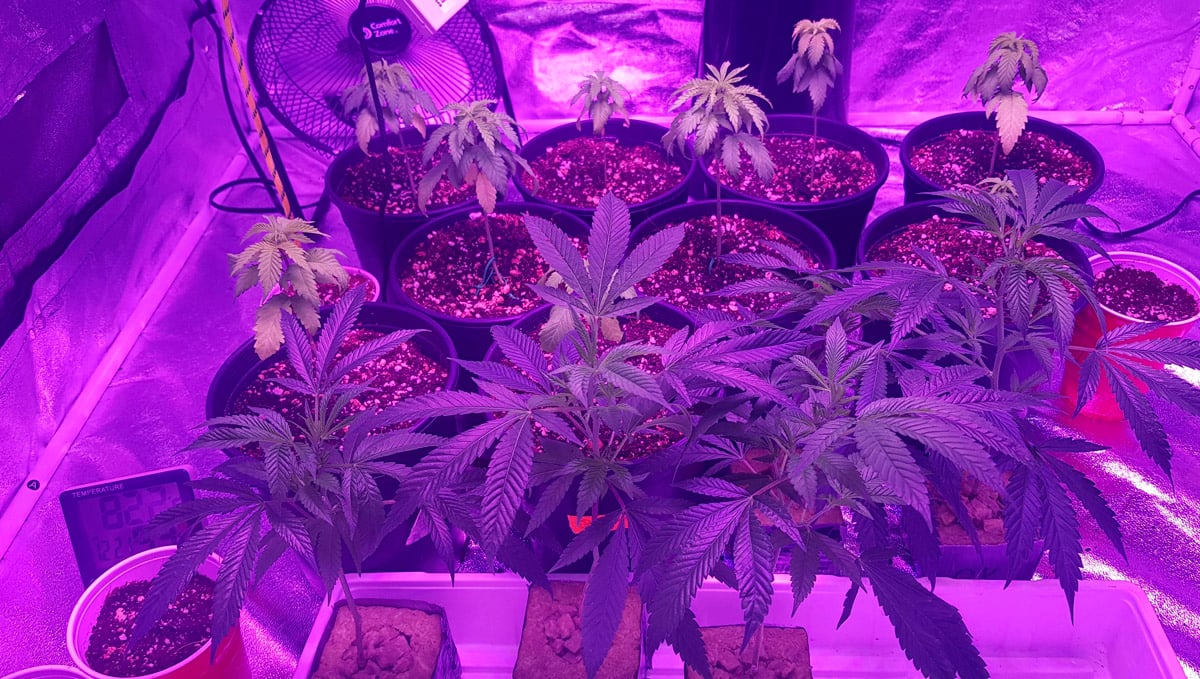
When you think of how much those amounts of marijuana resemble in money then you'll be able to see that your initial inversion was sort of recouped. Anyway, if what you're planning is spending the least amounts of money as possible then we recommend going for outdoor plants. If you're lucky enough to have good soil you'll be able to skip expenses on nutrients and soil. However, keep in mind that outdoor plants have no protection against common pests so you might need to spend money on pesticides. And we're sorry to drop this one to you, but if your plants catch molds then the whole plant and even their neighbor plants could go to waste, resulting in a major loss.
2. Control and Quality
True cannabis affectionates prioritize quality over all the rest. If this is your case then let us explain why you should definitely opt for having an indoor garden instead of an outdoor. When you grow marijuana outdoors, there are some external factors such as weather, light cycles, nutrients, and contaminations which you won't have control over. When having an indoor growing room, on the other hand, exactly the opposite happens: you manage every single aspect of the growth process, from light to nutrients and everything in between.
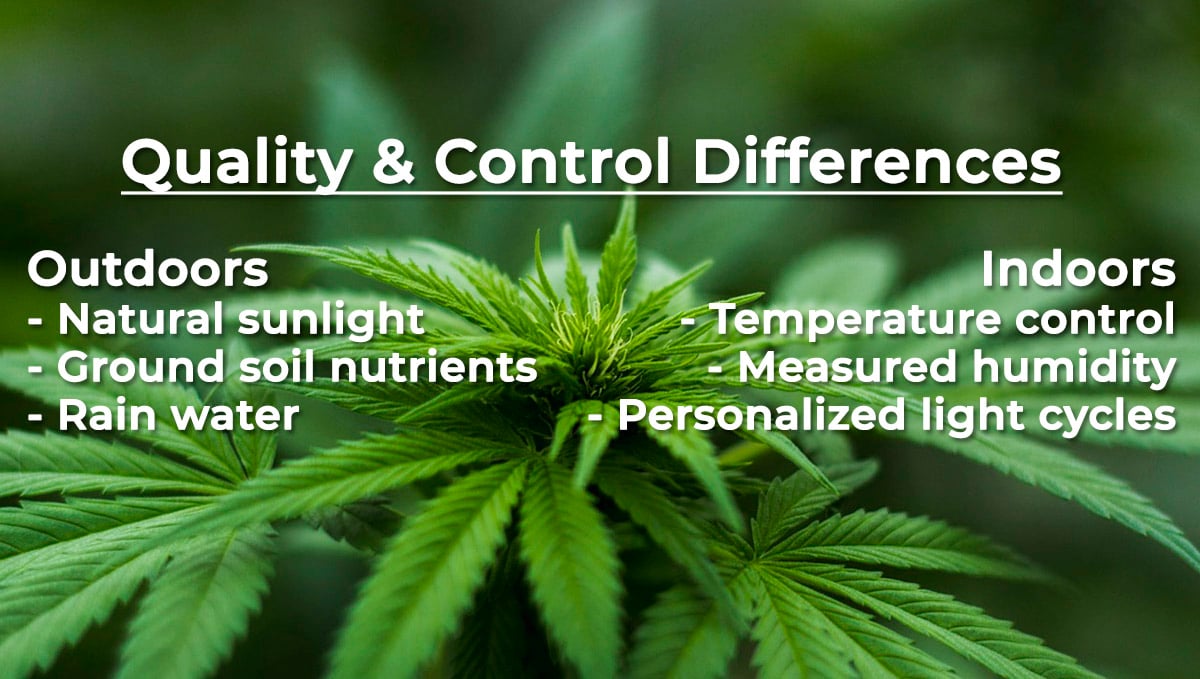
By having the right tools in your indoor garden you'll be able to keep track of the room's temperature, humidity, CO2 production. If you're well informed about all these aspects and how they influence your plants then for sure your buds' quality will be the premium of the premium with high THC percentages. If you're looking for strains high on THC then you should definitely check out our latest creation, Gorilla Cookies Auto. This is a balanced hybrid that measures up to 27% THC, with buds so full of trichomes that they look like diamonds.
Nevertheless, we must point out that even if indoors provide a fully controlled, perfect growth there is one major drawback, the light source. Unlike indoor's, outdoor plants enjoy the biggest of their perks: natural sunlight. Marijuana babies absolutely love sunlight and this clearly reflects on the final results: natural sunlight equals higher yields. So, when it comes to quality, the odds of having better buds are higher with indoor cultivation. However, if you're an experienced grower, or perhaps extremely determined, you can get results just as good and even better with outdoor plants.
3. Visual Aspects
In terms of size, marijuana plants tend to get bigger when grown outdoors. This is due to the fact that the plants are naturally meant to be grown outside, where they are able to adapt to the best growing conditions possible. Think of the plants as fish, when they have no space limitations they will likely grow bigger. Therefore, when you compare indoor with outdoor plants, chances are there will be a slight size difference.
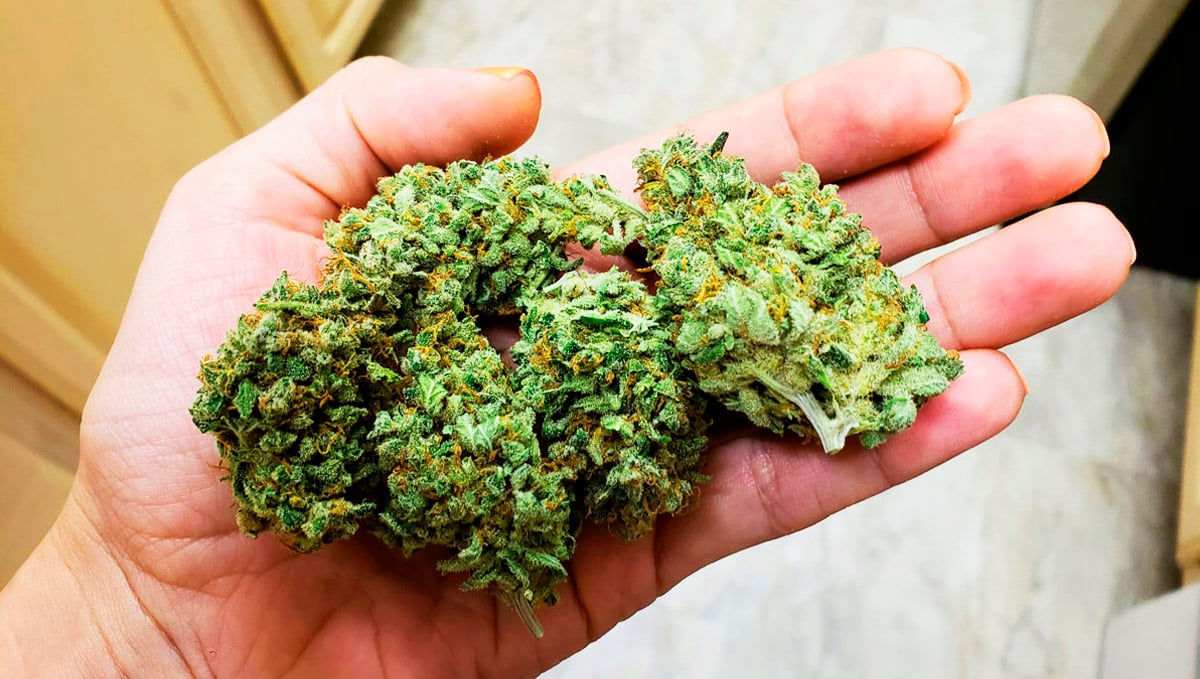
At the same time, since cannabis plants grown outdoors must deal with external factors such as wind, rains, sunlight and moonlight, their buds tend to have a darker green color than indoor ones. Outdoor flowers will be looking chunkier and bigger and wilder than indoor ones which, although smaller, will be more tightly packed than outdoors'. In simpler words, indoor plants are like domestic animals while outdoors are the wild ones.
4. Time and Effort
Some people are extremely concerned about how much time it will take their cannabis plants to grow. Although this is mainly tied to whether the seeds are autoflowering or regular, the growing method can also influence the overall plant's growth time.
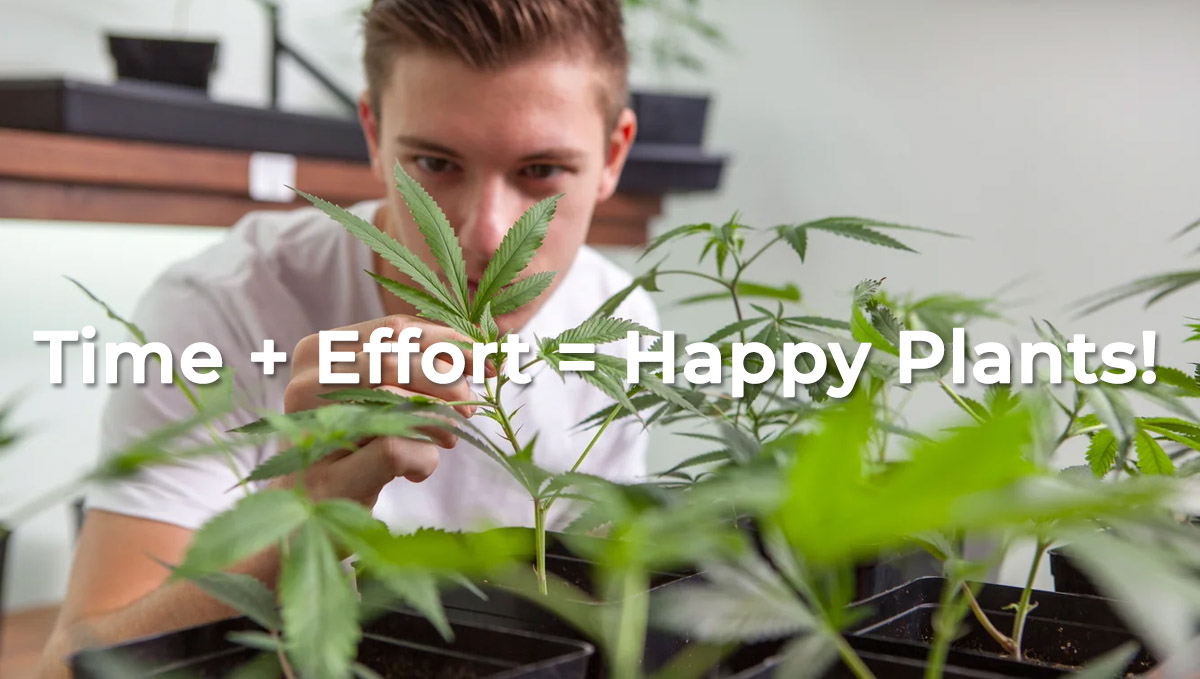
Considering that indoor gardens provide full control over the whole growing process, this way you have the ability to manipulate and optimize it in order to get the fastest growth time possible. So, if you're super anxious and impatient then we would recommend you to go for an indoor grow room instead of outdoors. However, before you purchase any indoor equipment you should also take into account the effort factor. Growing plants outdoors translates into working time for pruning and trimming and detailed everyday revisions to check for pests or mold.
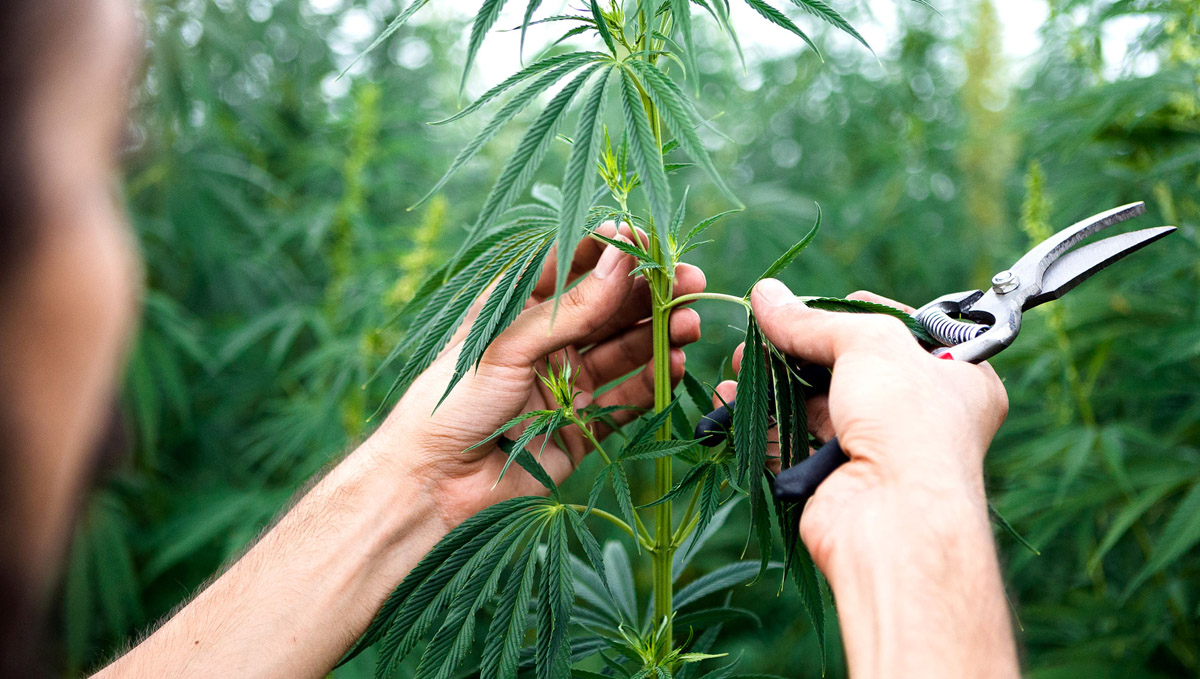
On the flip side, the truth is indoor plants will probably require much more effort than outdoors. This is owing to the fact that you are kind of their god, you create an artificial growing environment for them and without you, they would be absolutely lost. Outdoor plants count with nutrients from ground soil, natural sunlight and temperatures, and perhaps even some rains which will cover for watering, among other etceteras. Indoors, however, are like newborn babies all through their growing cycle.
| Indoor characteristics | Outdoor characteristics |
|---|---|
| Artificial light | Natural sunlight |
| Constant air flow | Winds |
| Measured temperature and humidity | Changing weather |
| Pests control | Pests risks |
| Artificial nutrients | Natural ground soil nutrients |
You will need to keep checking the temperature, environmental conditions, and lighting in order to get the best results possible. Take an honest look at yourself and analyze if you're ready for commitment with a demanding relationship with your indoor plants.
5. Environmental Impact
If you're an environmental activist, congratulations and thank you first. In this aspect, if what you're looking for is reducing the environmental impact as much as possible then the answer is going for an outdoor garden. There is absolutely no harm in natural sunlight on our ecosystem, while indoor lights consume substantial amounts of energy.
In 2011 a study found that indoor cannabis production was responsible for 1 percent of United States' total energy supply, or $6 billion per year.1
While this may not sound as much, this means that one kilogram of indoor-grown marijuana is equivalent to 4600kg of carbon dioxide emissions to the atmosphere, the same as putting 3 million cars more out on the roads. So again, if you're concerned about maintaining a green planet, cough-cough, which everyone should be, then an outdoor cannabis garden is definitely the best answer.
6. The Best of Both Worlds
It's obvious that there are some marked advantages and disadvantages to both indoor and outdoor cannabis cultivation. So, is it possible to blend the two options together to get the pros of both, while cutting away some of the cons? Absolutely! In fact, this is exactly what many of the larger cannabis producers are moving towards. The answer is pretty simple, we are talking about greenhouses. There are many ways of introducing greenhouses to the growth schedule of your crop, and it all really depends on the area you live in. You may want a greenhouse just for more discretion, or maybe you live in an area where the growing period is quite short. A greenhouse can help increase the cultivation window by more than a few months, meaning you could instantly double the amount you are able to yield each year. Let’s quickly break down all the main reasons for growing your weed outdoors, but with the assistance of a greenhouse.
Security
No matter if you are lucky enough to live in an area where it is legal to grow weed or not, discretion and security should be the first thing you consider when growing. Although a greenhouse may not be the most stealthy option available, it does provide a much higher level of security to your grow when compared to straight outdoor cultivation and can keep those nosy neighbors at bay. If you are very concerned about the security of your grow, consider installing a security camera system and try to camouflage the greenhouse.
Environmental Control
If you want to produce the best quality weed possible, you need to have a certain amount of climatic control. Just like an indoor setup, a greenhouse provides you with the capability to protect your crop from the elements and cuts down the chances of pest infestations and diseases which can have a huge impact on the final yield. With a greenhouse, you are able to take control of the internal temps, humidity levels, and air exchange. You have the option of boosting the lighting by installing LED or HID lighting systems, as well as a CO2 tank if the crop is looking like it could be needing that little extra boost.
Installing some form of lighting allows you to control (to a particular extent) what spectrum of light the plants are receiving during certain growth stages. Plants in the vegetative growth stage prefer a bluer light, while the flowering stage calls for a more reddish hue. This can be as simple as changing the bulbs in your HID system or using the color shift controls of your LED setup
Cost Savings
We have already gone over just how much cheaper it is to grow outdoors than indoors, and while implementing a greenhouse into your outdoor protocol will push those costs up, it will still be way cheaper than indoor cultivation.
More Harvests With Bigger Yields
Thanks to the environmental control a greenhouse offers, you are able to dial in many of the aspects of cultivation that are taken out of your hands with an outdoor growing situation. This not only means that you can produce more crops each year (as you become less dependent on the seasons), but that these crops will come with bumper yields! With a greenhouse, you are able to introduce a light deprivation system, also known as a “blackout system”. By covering your greenhouse in curtains or black plastic, you can control the timing that light is hitting your plant, which means you can force photoperiod plants to flower at any time of the year.
7. Discretion
Lastly, one big point to consider is the legal aspect of growing marijuana. If doing so is legal in your country of residence right on man, nothing can stop you, just choose whichever growing method you prefer. But not all of us are lucky enough to have the choice, due to law statements or perhaps because of intrusive neighbors or family members. If this is the case before you make a decision analyze which growing method will be more discreet for your living conditions.
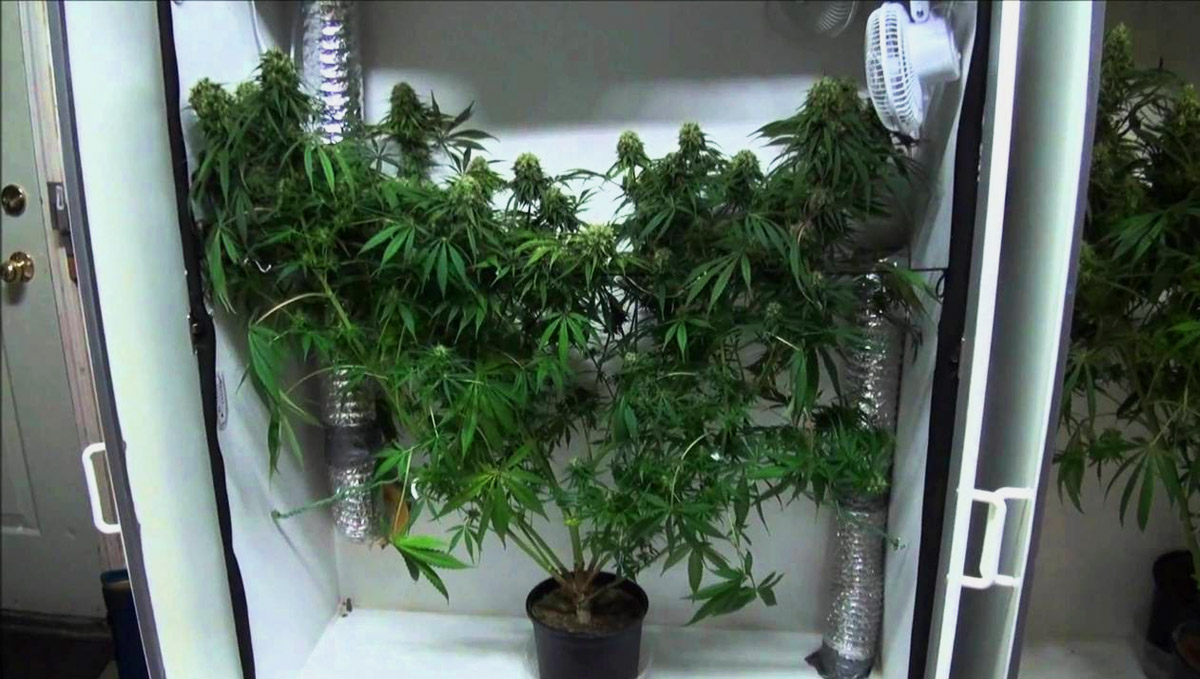
If you count with a big garden where you could possibly mask your cannabis plant in between other plants then there's your answer. On the opposite side, if you're living in an apartment with a balcony, maybe you can grow your plant there, or if you're scared of any nosy neighbors then definitely place your plants inside.
8. The Other Outdoor Option: Guerilla Growing Cannabis
Ok, so there we go. All of the pros and cons relating to growing in both indoor and outdoor settings. There's a lot to think about for sure, but there is another option out there. While still counting as an outdoor crop situation, the idea behind it takes away one of the huge downsides of sun-growing cannabis - that is, security. While the world slowly (but surely) seems to be moving towards a time where we will all be able to legally grow our own stick-icky, the vast majority of your beautiful people out there still reside in areas where the laws are, well, a little behind the times. So, if this sounds like you, but you still want to grow amazing, outdoor, organic buds - what in the world are you supposed to do? Well...
Have you ever heard of guerrilla-growing cannabis? Guerrilla growing cannabis refers to growing your plants in a stealthy manner. This means that you plant your crop in publically accessible areas, but away from populated or visible locales that would be noticed by law enforcement or other people. It can be done anywhere, even in urban environments - but it requires a great deal of planning, and a big old set of cajones.
The Advantages and Disadvantages of Guerilla Growing a Weed Crop
There is a wide range of reasons why someone may choose to grow a stealth guerilla ganja crop, but the overwhelming factor in making this choice is usually security. By growing your weed away from where you live, you dramatically reduce the chances of being caught by law enforcement - but only if you take the correct precautions. What precautions?
We are talking about keeping those lips of yours well and truly sealed. It may seem like a bleedingly obvious point to make, but trust us - the biggest mistake a potential guerilla grower can make is to tell people that they are embarking upon such an endeavor. Not only do you risk getting caught by someone who knows of your plans, but if it were to be reported that you were growing weed, this information could come back to bite in all sorts of ways - even if you were to never actually be caught.
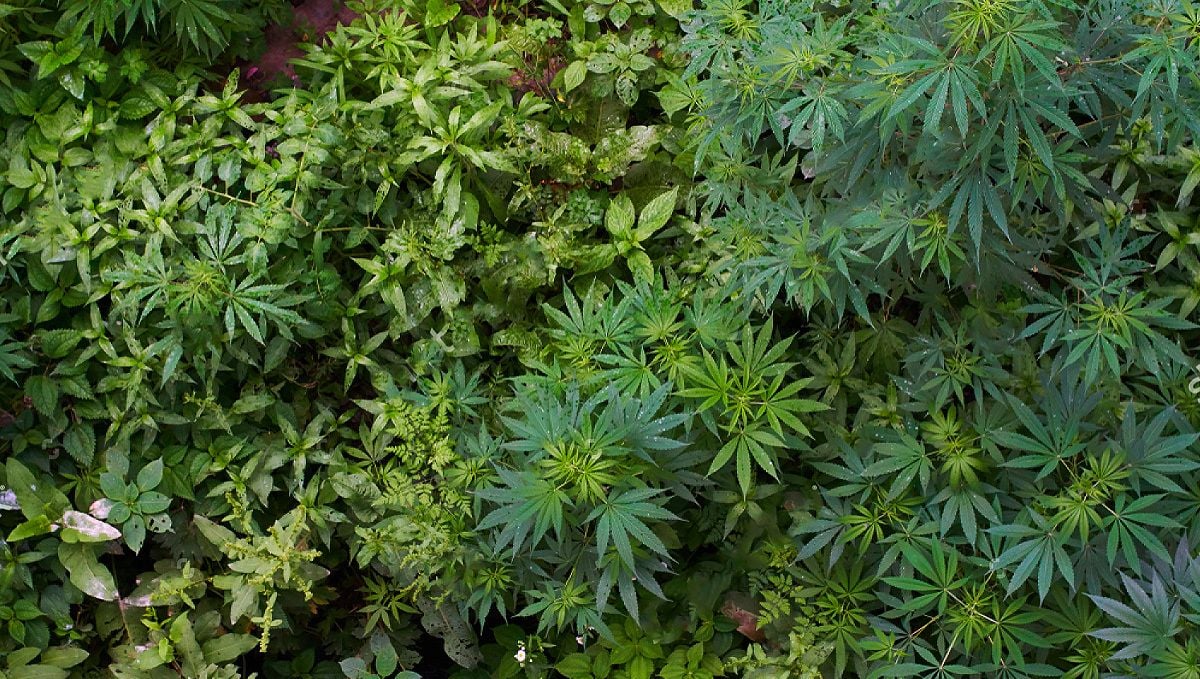
Another point to consider is how much time and effort it will require of you - the planning and implementation of guerrilla-growing a successful cannabis crop is way more involved than simply setting up a grow tent, or building the frame for an outdoor garden. You will need to locate a suitable spot which could take weeks, months, or even years in itself - but there is no getting around this, finding the perfect spot is the most important factor in guerilla growing. You need to find a place that has -
- Enough sunlight (remember, weed is a sun-loving plant) to ensure the crop prospers.
- Access to water, unless you want to lug all the liquid in every time you are ready to water.
- No street lights - no, not for the security of the crop (although this is important), but so the plants can go through their natural daily cycle without any chance of light stress issues.
- Enough airflow - cannabis crops are susceptible to mold and pest issues, so make sure you find a spot that allows for a good breeze.
- But, by far the most important factor is security and stealth - you need to find an area that is super discreet, and that you can trust won’t be stumbled upon by anyone.
But if you are able to meet all of these requirements, you have a good chance at guerilla growing success! The one main downside is the chance of the crop being found - by humans, or animals. There are a huge number of creatures that love nothing more than chowing down on a nice, juicy cannabis plant - from birds to deer, and anything else in between. And then there's the potential for pest infestations, which can quickly overtake a crop and send it to the grave. But if you can mitigate the potential risks, and you know what you are doing - you can be on your way to growing some of the most amazing outdoor, organic cannabis buds possible.
Should you guerilla grow directly in the ground, or in pots?
That is dependent on a few key factors. If the soil in the growing area is nice, then you can consider growing directly in the ground. But, there are a couple of things to consider -
- Photoperiod plants planted directly into the ground can get huge. By planting in pots you can control the size of the plant. For medium-sized plants, plant into a 15 to 20-liter pot.
- Pots are great because they allow you to move the crop if needed, but they also add to the chances of the crop being spotted by outsiders. Make sure you camouflage the pots super well.
- Pots also allow you to deal with any nutrient or pest issues much easier than if the plant is in the ground. Not only does it make flushing the crop easier, it allows you to quarantine any pest infestations.
What medium is best for guerilla growing?
This is a hotly debated topic, but we always suggest a good quality cannabis-specific soil blend for guerilla grows. It just takes so much of the work out of the job and allows you to leave the crop for days at a time in the confidence that it is getting the correct nutrients. But, if you want to be really discreet with your grow, you will also want to set up an auto watering system, such as an old-school stick-in-the-ground system. This will allow you to water your plants with minimal effort and without the risk of being spotted carrying bulky watering cans.
The bottom line is that there are a lot of factors to consider when planning and executing a successful stealth grow.
9. In Conclusion
There are many differences between growing marijuana indoors and outdoors, however, no matter the method of choice, weed will still be weed. Each cultivation style involves some pros and cons, so if you're lucky enough to have a choice when it comes to this matter, why not try out both practices and check the differences for your own? The most important part is investigating and educating yourself and having a clear view of your personal objectives when you decide.
EXTERNAL LINKS
- "The carbon footprint of indoor Cannabis production" Evan Mills, July 2012 - https://www.researchgate.net/publication/254408509_The_carbon_footprint_of_indoor_Cannabis_production








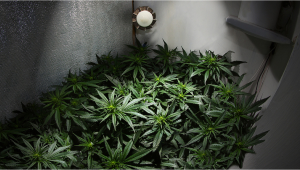
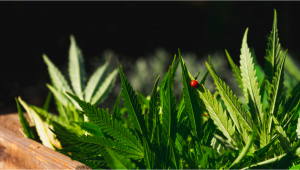

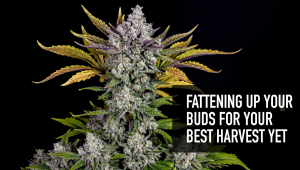

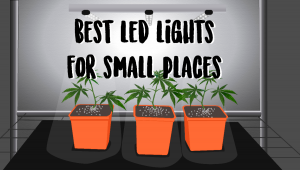
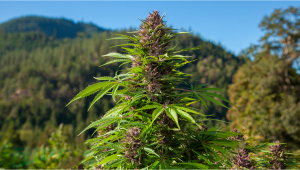
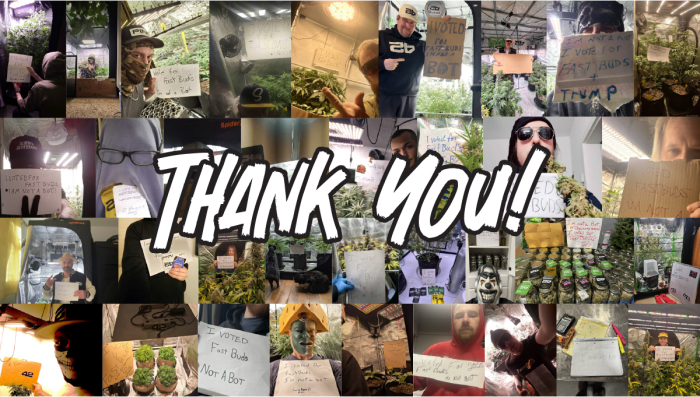

Comments